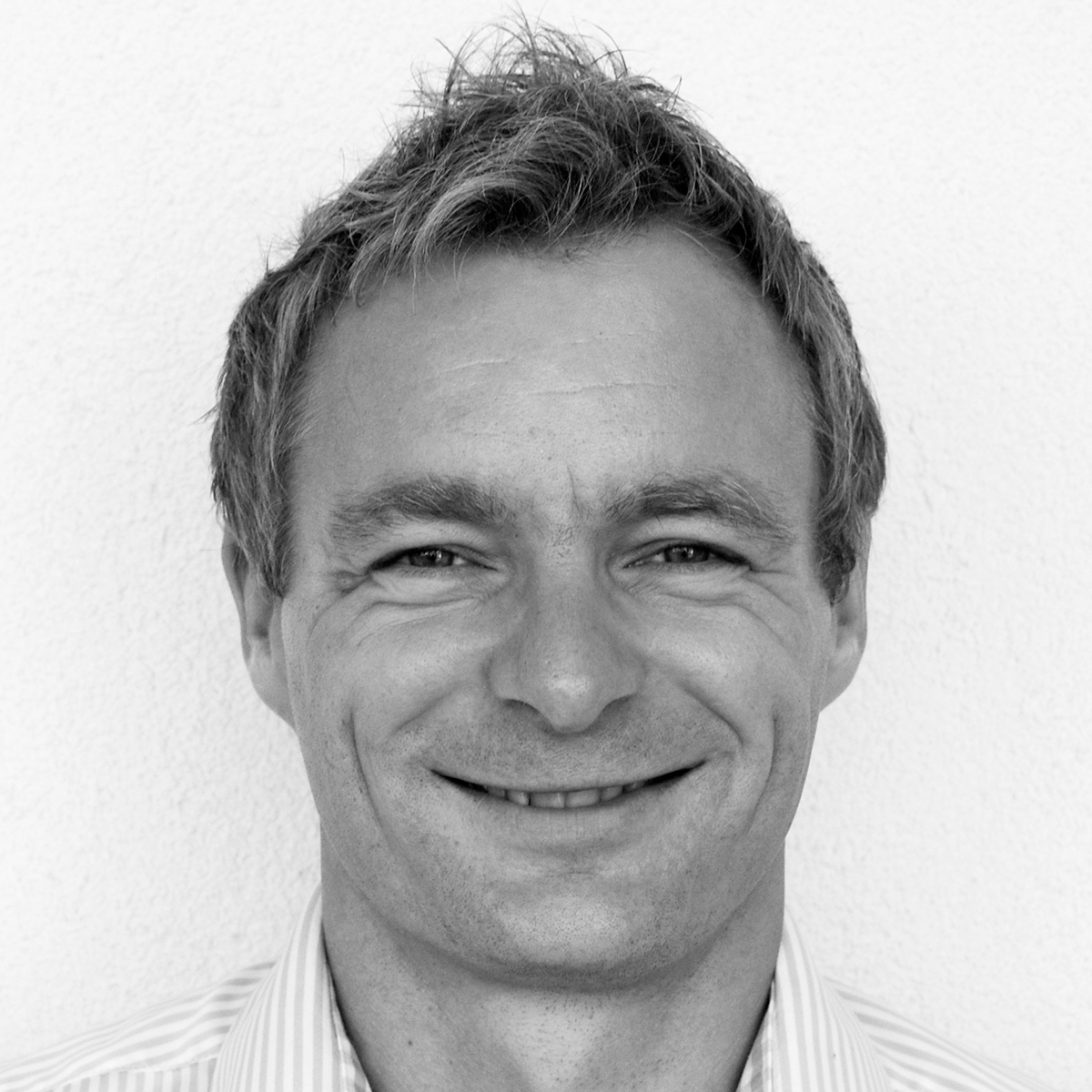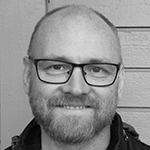






Project leader: Anders M Fjell Professor Center for Lifespan Changes in Brain and Cognition (LCBC), Dpt. of Psychology, Faculty of Social Sciences, UiO
Principal investigators:
- Kristine Beate Walhovd Center for Lifespan Changes in Brain and Cognition (LCBC), Dpt. of Psychology, Faculty of Social Sciences, UiO
- Atle Bjørnerud Dpt. of Physics, Faculty of Mathematics and Natural Sciences, UiO
-
Torkild Hovde Lyngstad Dpt. of Sociology and Human Geography, Faculty of Social Sciences, UiO
-
Ole Røgeberg Frisch Centre
-
Jennifer Harris Division Health Data and Digitalisation, The Norwegian Institute of Public Health
Other important collaborators:
-
Øystein Sørensen Center for Lifespan Changes in Brain and Cognition (LCBC), Dpt. of Psychology, Faculty of Social Sciences, UiO
-
Yunpeng Wang Center for Lifespan Changes in Brain and Cognition (LCBC), Dep. of Psychology, Faculty of Social Sciences, UiO
International collaborators: Bruce Fischl, Harvard Med School; Doug Greve, Harvard Med School; Koen van Leemput, Harvard Med School; Steve Smith, Oxford; Heidi Johansen-Berg, Oxford and Lars Nyberg, Umeå University
Summary
We will uncover how interactions between the immediate environment, larger societal factors and genes shape brain and cognitive function across the lifespan.
Cognitive function is critical to all aspects of human life, such as school, work, independent living, social relations and health. Cognition is a product of the brain and our genes, but cannot be understood without integrating societal and historical contexts. Contemporary approaches to explain cognitive function typically do not adequately consider how relationships between genes, brain and cognition are dynamic and reflect impacts from the environment and the society. We will integrate these perspectives into a unified research program involving psychologists, sociologists and economists, geneticists, physicists and neuroscientists.
We will investigate how immediate environmental and societal factors interact with genes and the brain to affect cognition throughout life. Study 1 addresses mechanisms linking genetic influences to cognition and social outcomes such as education and income. Statistical tools will be developed tailored to analyze biometric models of genetic and environmental influences using administrative register data with familial links across three generations (1 million observations). Study 2 is a large and comprehensive longitudinal investigation of relationships between genes, brain, cognition and social outcomes across life, focusing on the timing, nature and determinants of the relationships. Relevant brain features will be measured by MRI. Timing refers to when in life the relationships emerge, nature refers to the question of causality, and determinants refers to genetic and non-genetic factors that may reduce or amplify the relationships. Study 3 will use machine learning with convolutional neural nets to identify complex patterns of brain variation related to social outcomes. There will be continuous integration between studies, with the ultimate ambition to identify causal levers that raise and sustain cognition, informing policies that can improve human welfare.
Primary objective
- To uncover how interactions between the immediate environment, larger societal factors and genes shape brain and cognitive function across the lifespan.
Secondary objectives
- Understand the mechanisms that link genetic influences to social outcomes and cognition.
- Detail the timing, nature and determinants of the relationships between genes, brain, cognition and social outcomes.
- Use machine learning to describe the relationships between the brain and social outcome variables.